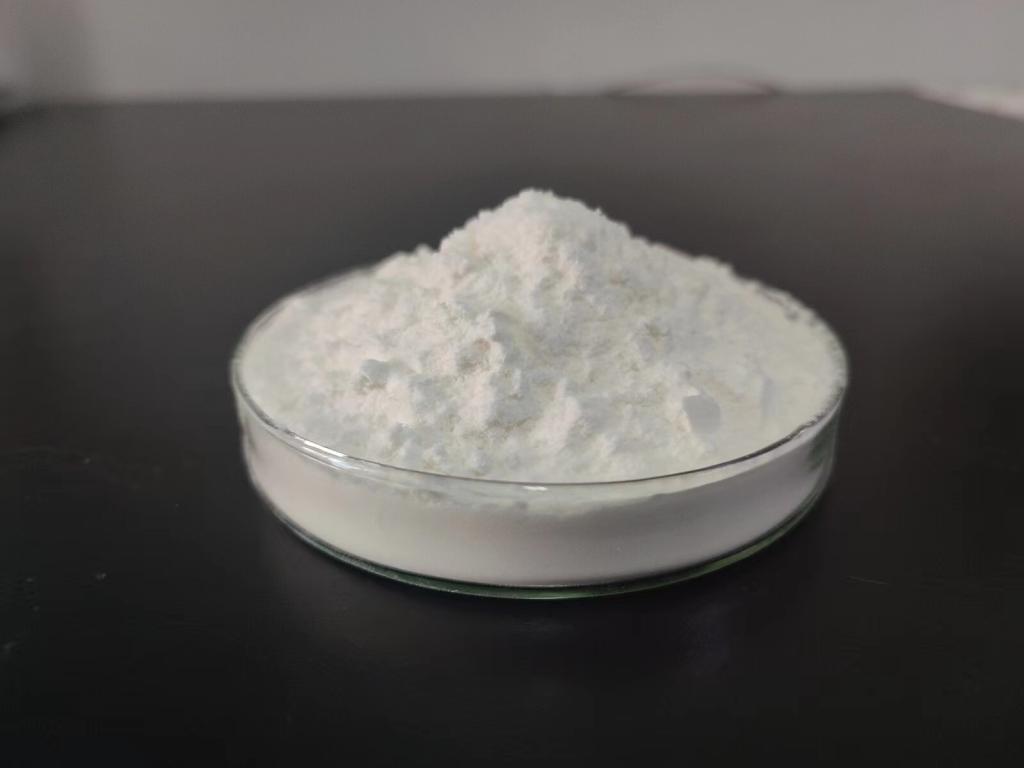Tel:+8618231198596

News
 CONTACT
CONTACT
 CONTACT
CONTACT
- Linkman:Linda Yao
- Tel: +8618231198596
- Email:linda.yao@dcpharma.cn
- Linkman:CHARLES.WANG
- Department:Overseas
- Tel: 0086 0311-85537378 0086 0311-85539701
News
Current Position:
Home >
News
>Can ε-Polylysine hydrochloride be used in infant formula and baby food products?
Can ε-Polylysine hydrochloride be used in infant formula and baby food products?
TIME:2023-03-20
Infant formula and baby food products are specially formulated to meet the nutritional needs of young children, and they are subject to strict regulations in many countries to ensure their safety and quality. In general, the use of additives and preservatives in these products is highly restricted, and any substance used in these products must be proven to be safe for infants and young children.
The use of ε-PL in infant formula and baby food products is not currently permitted in some countries, including the European Union and China. In the United States, the use of ε-PL in infant formula and baby food products is subject to approval by the U.S. Food and Drug Administration (FDA). Currently, ε-PL is not included on the FDA's Generally Recognized as Safe (GRAS) list of substances that are considered safe for use in food products.
The potential risks associated with the use of ε-PL in infant formula and baby food products are a topic of much debate. Some studies have suggested that ε-PL may have toxic effects on the liver and kidneys of rats, and there are concerns that similar effects may be seen in humans. In addition, there are concerns that the use of ε-PL in infant formula and baby food products may interfere with the absorption of nutrients and minerals, which could have negative effects on the growth and development of young children.
Despite these concerns, some studies have suggested that ε-PL may be safe for use in infant formula and baby food products at low concentrations. For example, one study found that ε-PL had no adverse effects on the growth and development of infant rats when it was added to their diets at concentrations of up to 0.5%.
Overall, the use of ε-PL in infant formula and baby food products is a complex issue that requires careful consideration of a variety of factors, including the potential risks and benefits of its use, the specific regulations in different countries, and the safety and health of young children. While the use of ε-PL in these products is currently restricted in some countries, further research may provide a clearer understanding of its safety and effectiveness, which could lead to changes in regulations and an increase in its use in these products.
In conclusion, the use of ε-PL in infant formula and baby food products is a topic of ongoing debate, and the regulations surrounding its use continue to evolve. As the safety and health of young children are of utmost importance, regulators and manufacturers must carefully consider the potential risks and benefits of its use and ensure that any substance used in these products is proven to be safe and effective. Further research is needed to fully understand the safety and effectiveness of ε-PL in infant formula and baby food products, and any decisions regarding its use must be based on sound scientific evidence and a commitment to ensuring the safety and well-being of young children.
- Tel:+8618231198596
- Whatsapp:18231198596
- Chat With Skype







